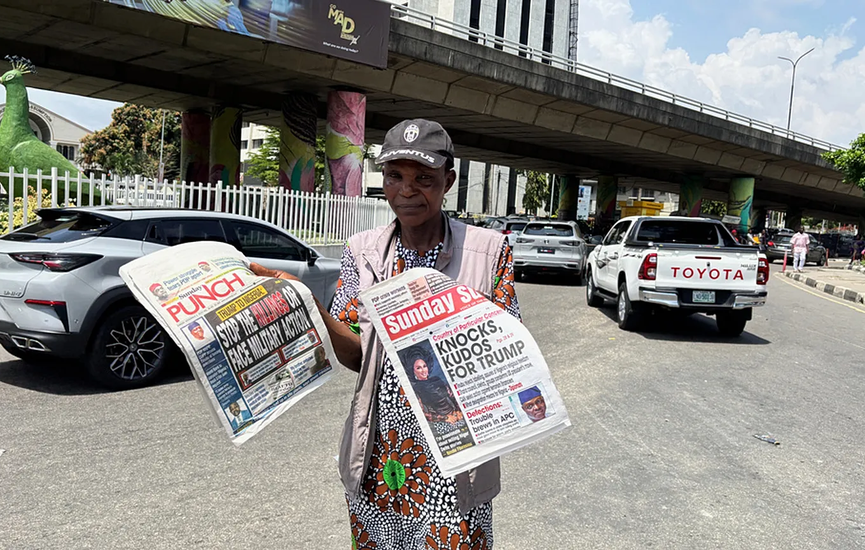Donald Trump has sparked international controversy by threatening military intervention in Nigeria, citing what he describes as the mass killing of Christians. In a series of public statements made in early November 2025, the U.S. President claimed that Islamic extremists were targeting Christian communities and accused the Nigerian government of failing to protect its citizens. He announced that he had instructed the Pentagon to prepare a “possible plan of attack” and warned that the United States would suspend all aid to Nigeria if the violence continued. Trump’s remarks included a dramatic pledge to intervene “guns-a-blazing” if necessary, drawing sharp criticism from Nigerian officials and global observers.
The Nigerian government, led by President Bola Ahmed Tinubu, swiftly rejected Trump’s claims, asserting that Nigeria does not tolerate religious persecution and that extremist groups such as Boko Haram and ISIS-affiliated militants pose threats to all citizens, regardless of faith. Officials emphasized that the country’s internal conflicts are often rooted in competition over land, resources, and political power rather than religious identity alone. Civil society groups and analysts echoed this view, warning that Trump’s rhetoric oversimplifies complex issues and risks inflaming tensions.
Trump’s statements also had immediate economic implications, causing Nigeria’s sovereign dollar bonds to dip before stabilizing as investors assessed the likelihood of actual military action. Financial experts cautioned that such inflammatory language from a sitting U.S. president could undermine Nigeria’s international reputation and investor confidence, even if no intervention materializes. The Nigerian government reiterated its openness to international cooperation in combating terrorism but stressed that any assistance must respect the country’s sovereignty and territorial integrity.
Critics of Trump’s approach argue that his comments are diplomatically reckless and politically motivated, potentially destabilizing relations between the United States and Africa’s most populous nation. While framed as a defense of religious freedom, many observers view the threat as a provocative gesture that could complicate regional security efforts. Nigeria continues to call for constructive engagement and support in its fight against terrorism, urging global partners to prioritize collaboration over confrontation.
